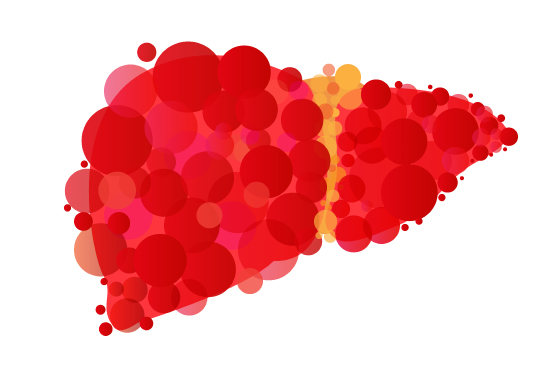
Hepatic Encephalopathy (HE), sometimes referred to as portosystemic encephalopathy or PSE, is a condition that causes temporary worsening of brain function in people with advanced liver disease. When your liver is damaged it can no longer remove toxic substances from your blood. These toxins build up and can travel through your body until they reach your brain, causing mental and physical symptoms of HE.
There is no specific test used to diagnose HE. A Hepatic Encephalopathy diagnosis is based on a combination of three things:
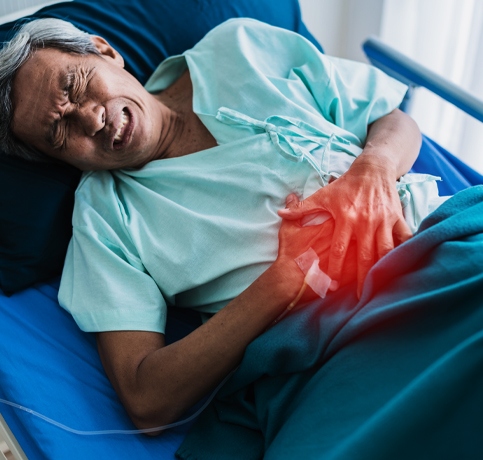
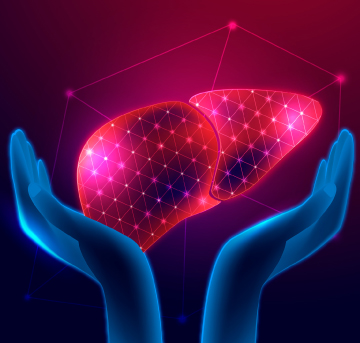

A poorly working liver may lead to the build-up of toxins. These toxins can cause problems such as:
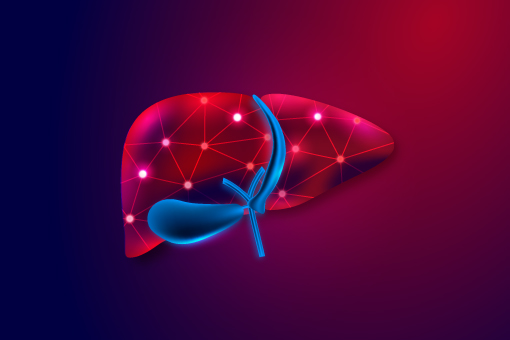
If it gets bad, these toxins can even cause a coma. See Figure 1, below. These changes are all symptoms of hepatic encephalopathy. Sometimes we call this “HE”.
HE is when toxins from the gut bypass the liver and hurt brain function. There are different grades (levels) of HE. Grades 2-4 are serious and require immediate medical attention
Minimal: Poor concentration, bad sleep Key point: This is not dementia. This is mostly reversible with treatment such as lactulose.
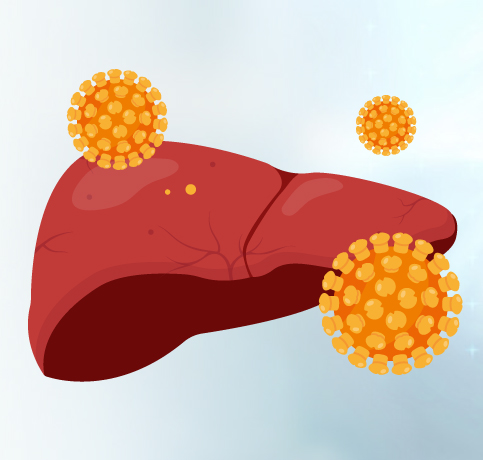
This diagnosis is made by a clinician such as a doctor, physician assistant, or nurse practitioner. We examine you, listen to you or your caregivers and use the information about what is happening in your life to make the diagnosis. There is no blood test for hepatic encephalopathy. It often occurs in people with high ammonia levels, but not always. People with low ammonia can have hepatic encephalopathy and people with high ammonia may not have hepatic encephalopathy.